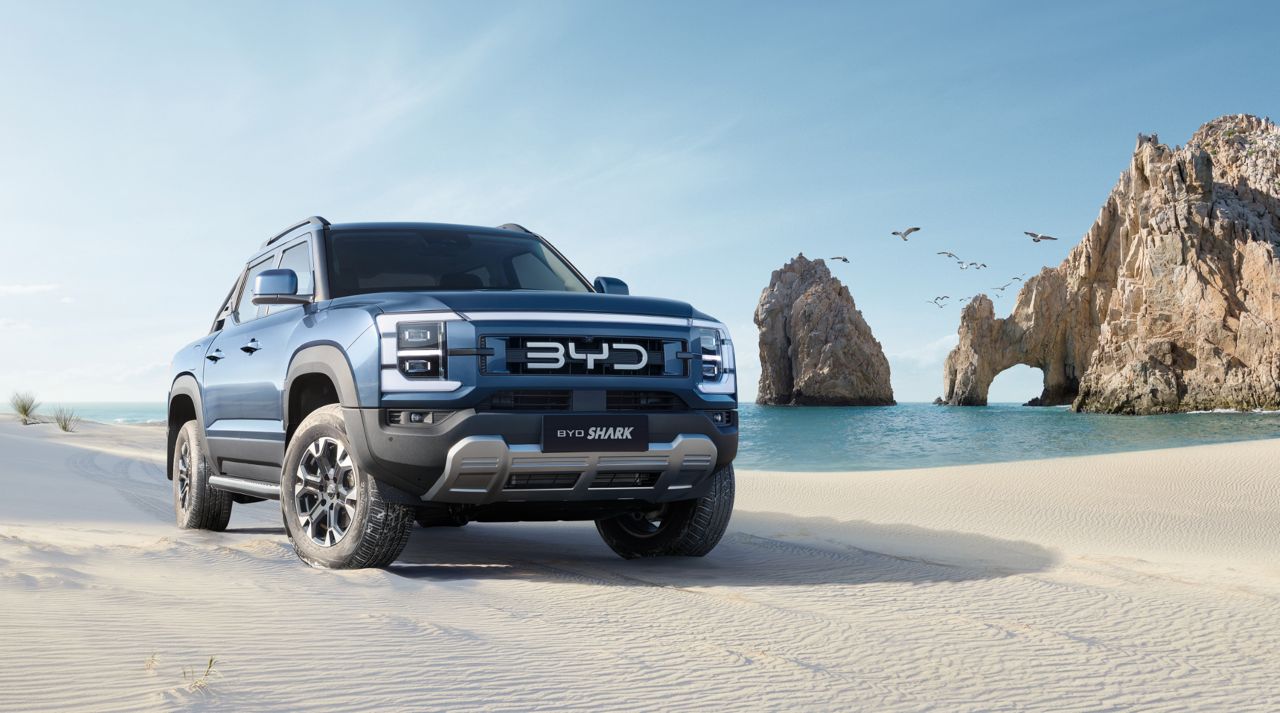Chinese cars will make up a third of the global vehicle market by 2030, according to a new analysis from the global consulting firm AlixPartners.
Chinese brands currently account for 21% of the passenger vehicle sales worldwide.
“China is the industry’s new disruptor, capable of creating must-have vehicles that are faster to market, cheaper to buy, advanced on tech and design and more efficient to build,” AlixPartners Global Co-leader of Automotive and Industrial Practice Mark Wakefield said in a statement.
Despite tariff threats by the U.S. and European Union, the report expects Chinese brands to be a global force in just five years, selling 9 million vehicles outside of China. The growth in Chinese vehicles will be fueled by companies’ ability to build cars in the markets where they are sold and by equipping vehicles with quickly evolving technologies consumers want.
Traditional automakers “will require more than a course correction” to combat China’s growing market share, according to the report.
“Automakers expecting to continue operating under business-as-usual principles are in for more than just a rude awakening — they are headed for obsolescence,” AlixPartners Global Co-leader of Automotive and Industrial Practice Andrew Bergbaum said in a statement. “The revolution taking place in the global auto industry is driven by the incredible and once unthinkable maturation of Chinese automakers that do a number of things differently.”
Chinese brands place a high value on design and in-cabin technology, he said, and are laser focused on keeping cars affordable.
Most cars made and sold in China right now are priced at less than $20,000 including electric vehicles which can be bought for as little as $10,000. The lowest-priced cars currently sold in the United States are the Nissan Versa, starting at $16,390, and the Mitsubishi Mirage, starting at $16,695, but they are outliers. The average transaction price for a new vehicle sold in the U.S. in May was about $48,000.
There are currently five models for sale in the United States that are made in China: the Lincoln Nautilus crossover, Buick Envision crossover, Volvo S90 sedan and Polestar 1 and Polestar 2 EVs. No Chinese-branded passenger vehicles, however, are sold in the U.S.
“The global auto industry has been shaped by several inflection points over the past half-century, including the emergence of Japanese production techniques in the 1970s, then the rise of the Koreans, and the more recent disruption caused by Tesla,” Wakefield said.



